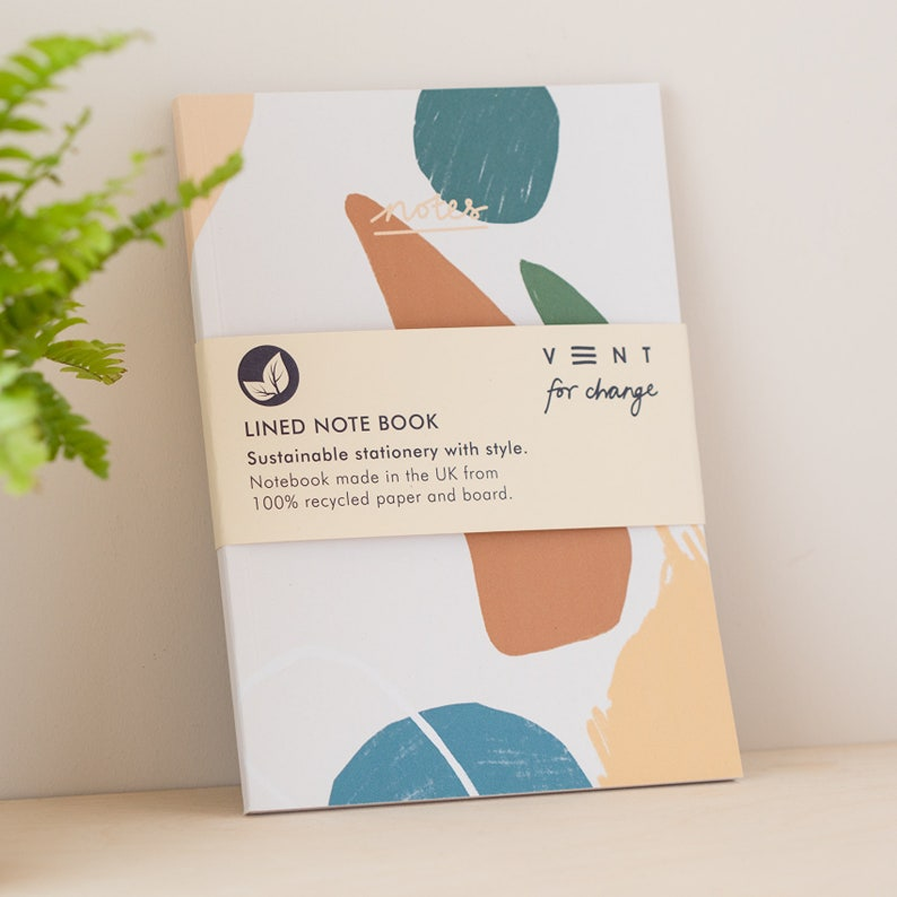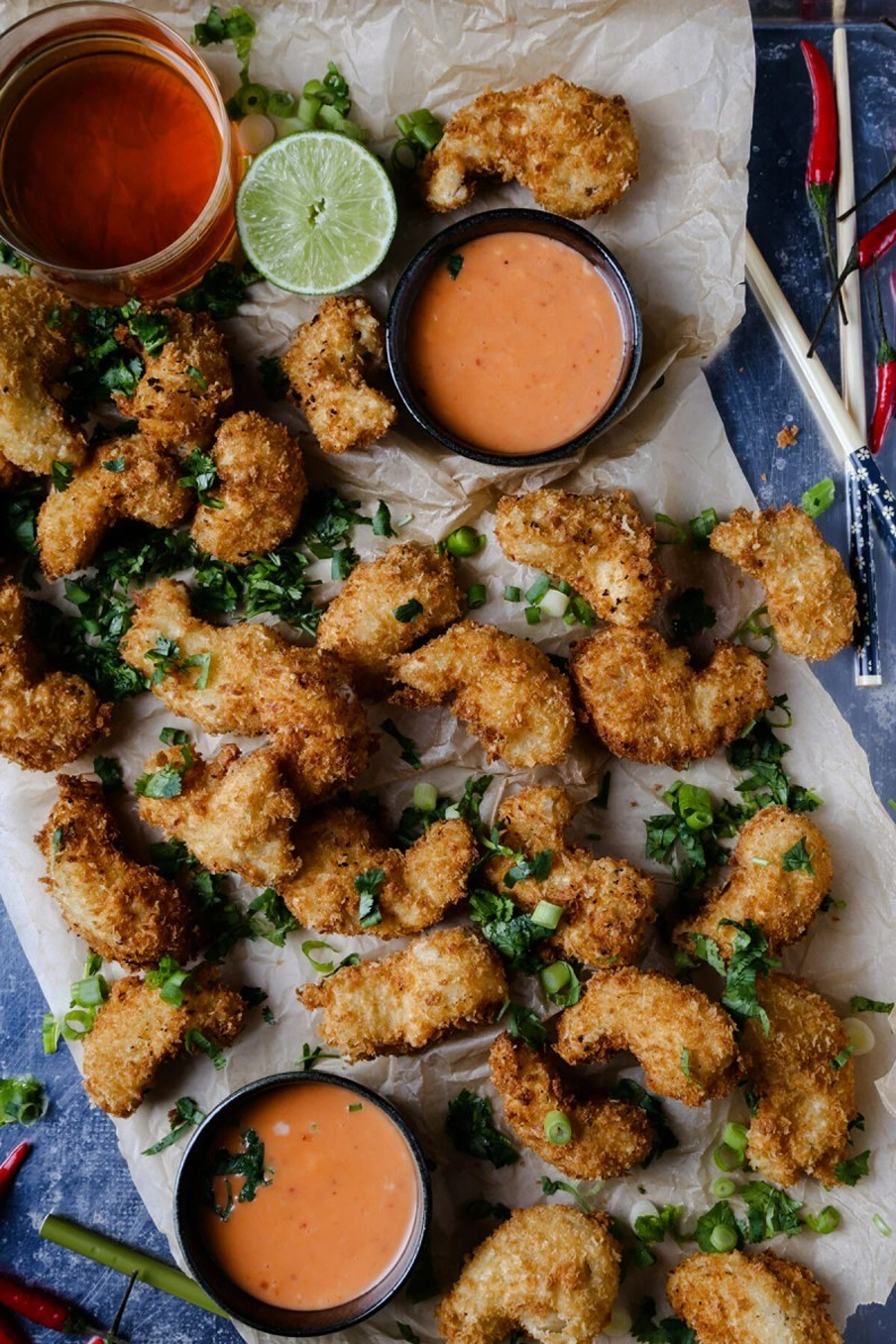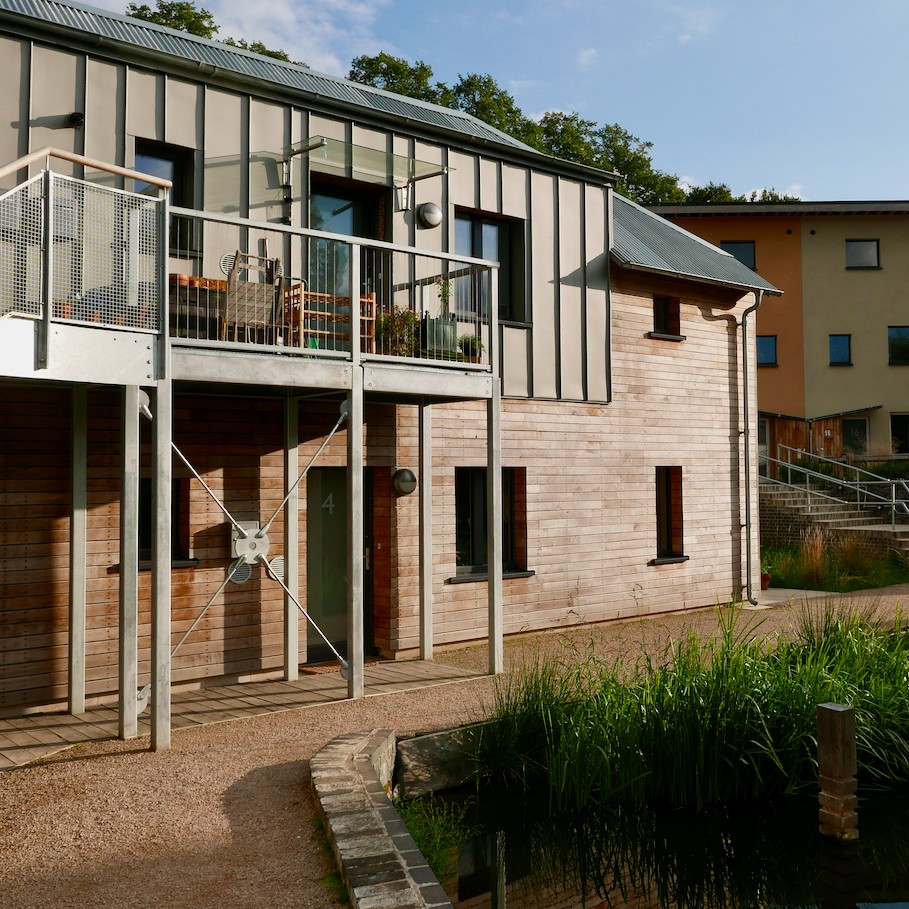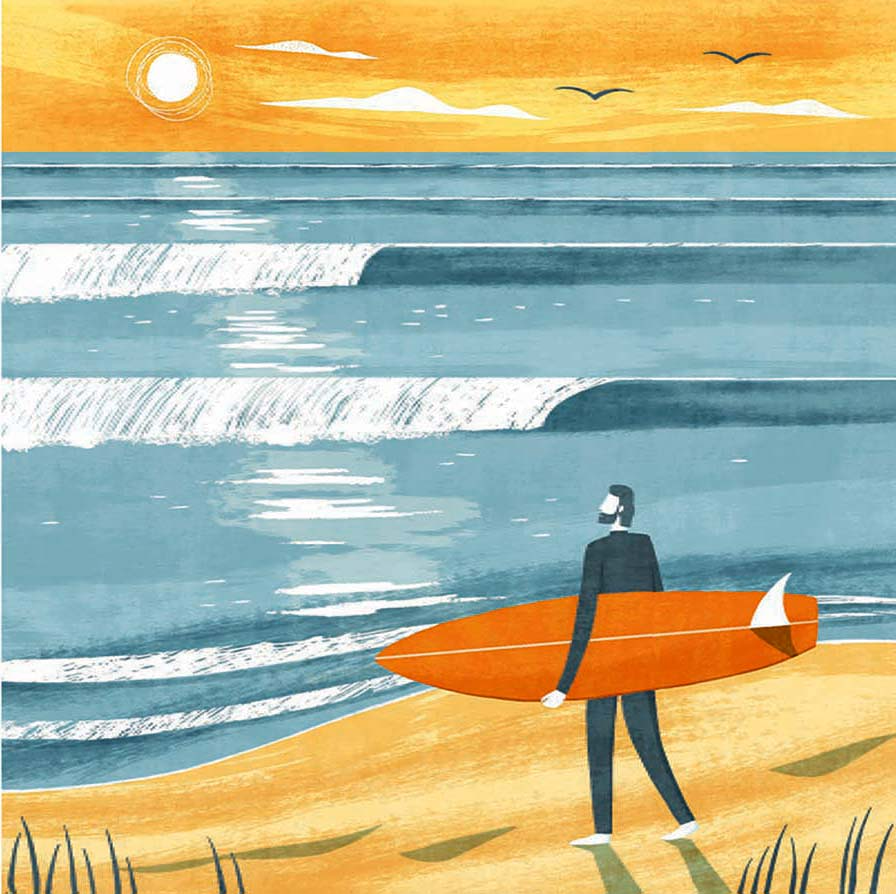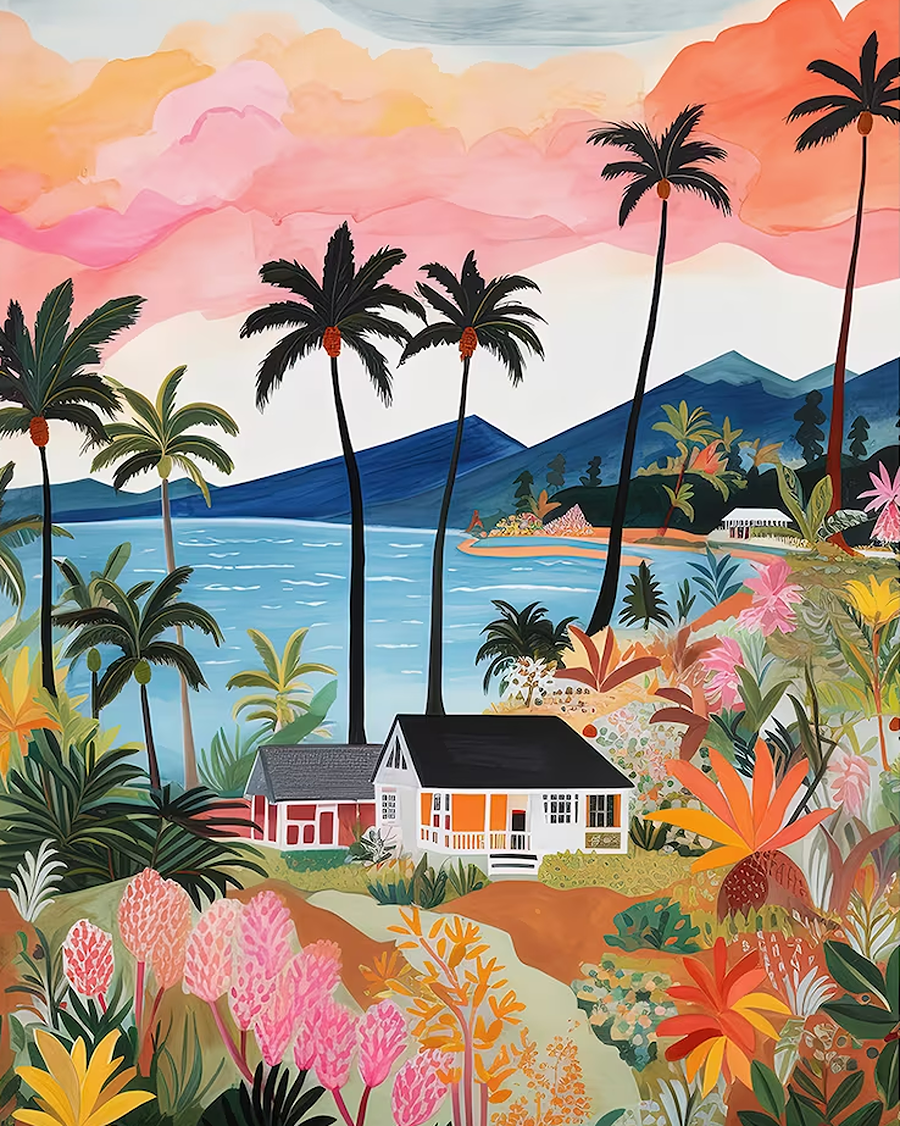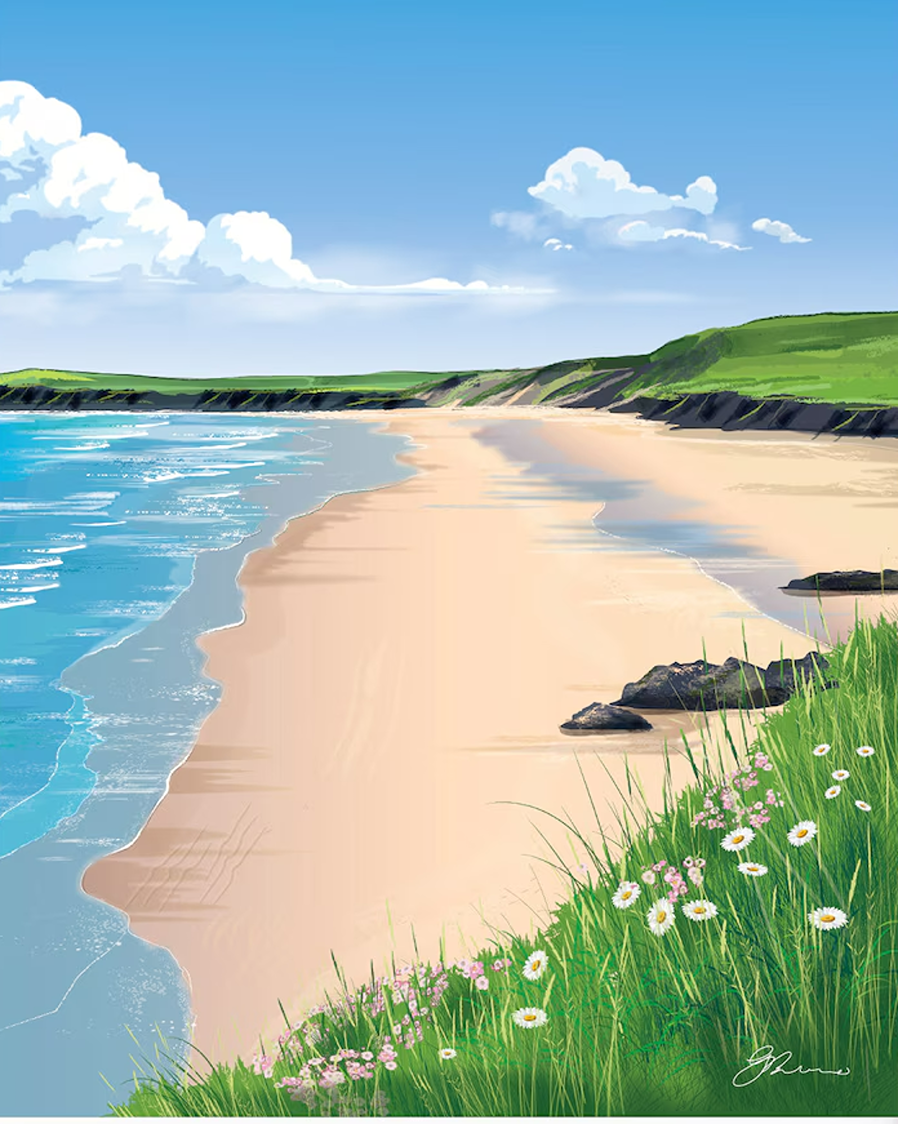
The North Sea is the coldest in the world, with northern areas (like Northumberland) being on the same latitude as Scandinavia (the North Sea also houses several islands on the Scottish and Danish coast including Sylt, known as The Hamptons of Germany, first made popular in the 60s by playboy Gunter Sachs and his then-wife Brigitte Bardot). It’s still expensive to visit today, known for its 40km of beautiful seaside walks alongside ‘kniepsand’ dunes’. The North Sea is over-fished, with seabirds at risk of starvation (a Bill is hopefully going to ban sandeel fishing (silvery fish you see in photos of puffins) so they have food.
Keep away from seals (never play frisbee nearby). Keep dogs away (seals often hide pups in sand dunes) and could abandon pups if disturbed (they give vicious bites). Never put injured/abandoned pups back in the sea (they could drown or freeze, as blubber is not thick enough). Call British Divers Marine Life Rescue for help.
Never take pebbles from beaches (illegal in Italy) as it disturbs ecosystems. Keep dogs away from seaweed (they like to play with fronds) as it expands in the stomach as it dries. If exploring rock pools, leave creatures alone (crabs etc) as many are injured, once returned to sea. Wear wellies (not flops) as wet rocks and seaweed are slippery.
Ghost-fishing waste (discarded fishing nets etc) is a major issue in the North Sea, as is pollution from oil, which affects seabirds and marine creatures. In 2023, Anglian Water was fined £2.65 million for letting untreated sewage overflow into the North Sea due to decommissioning equipment, and failed to act on data due to no alarm system (this is the largest ever environmental fine). Report sewage overflow to Surfers Against Sewage. This is usually brown foamy water that laps at the shore. They say ‘if it smells funky – it’s probably shit’.
Recently the government approved a controversial oil and gas field in the North Sea, saying it will lower people’s bills. But climate lawyer Tessa Khan says that the oil field (to be located near the Shetland Isles) will keep us locked into fossil fuels for decades, and do nothing to reduce bills, as oil will be shipped abroad, then sold back at high profit. Greenpeace says that the Prime Minister has proved that he puts profits of oil companies above everyday people.
A Line in the World is a book by one of Denmark’s most acclaimed writers, who spent her childhood growing up amid the storm-battered trees and windblasted beaches of the North Sea coast. This ‘line’ that stretches from Denmark to Holland looks at how people settle in these similar wild landscapes on a sea we share with our European neighbours. A story of storm surges and shipwrecks, sand dunes that engulf houses and power stations leaching chemicals into the water.
which ocean is which and where?
Our oceans make up 70% of our planet’s habitat, and hold 97% of our water supply. they also drive the world’s weather, provding half the oxgyen we breathe, and provide work for over a billion people.
The Pacific Ocean is the biggest deepest ocean, covering almost a third of the world’s surface. It has over 25,000 islands and is home to the Great Barrier Reef in Australia, along with thousands of volcanoes. Modern pressure from industrial fishing, pollution and climate change has been accompanied by a rise in drug smuggling and military use (due to China’s conflicts with America and Australasia). But on a more hopeful note, the future could also include ecotourism, in particular in Acapulco, Hawaii, Tahiti and Cairns.
The Atlantic Ocean is straddles the Equator to link both Americas, Europe and Africa. It has icy Baltic sea to warm Caribbean waters. The Mid-Atlantic Ridge helped form volcanic islands including Iceland and Azores. Today the Atlantic ocean faces major struggles due to urgent issues like climate change, pollution and the trials of the economic rise in the Indo-Pacific World. And only by knowing the issues and what causes them, can we find lasting solutions to help.
The Indian Ocean connects Africa with Asia and Australia. Its warm waters are home to unique wildlife, colourful coral reefs and dense mangrove forests. Due to major cities operating in the ocean, again it’s at risk from pollution, and rising sea levels.
The Southern Ocean is an icy sea across the bottom of the globe, surrounding Antarctica. With harsh winds and towering waves, often only explorers sailed the stormy seas. Today tourists flock to see penguins, seabirds and blue whales, but this brings pollution.
The Arctic Ocean is perched at the northerly tip of the world, a small icy ocean with pack ice and icebergs. Polar bears and people have adapted to make the place their home, but rising temperatures and pollution put their habitat at risk.
At the beach, life is different. A day moves not from hour to hour, but leaps from mood to moment. We go with the currents, plan around the tides, follow the sun. Sandy Gingras
an exploration of earth’s last wilderness
The High Seas is an important book on our oceans (which cover 70% of the planet’s surface) yet two-thirds of them lie beyond national borders. So our seas (home to some of the most diverse environments) are owned by all and no nations at the same time. So are also open to exploitation on a scale that few of us can imagine.
Out of sight, a battle rages to control, profit from, protect or obliterate the world’s largest wildest commons. The author sets sail on a journey to uncover the truth behind exploitative fishing practices, the devastating impact of deep-sea mining and also holds to task the Silicon-Valley interventionists whose solutions to climate change are often wildly optimistic, radically irresponsible (or both). Olive Heffernan is an award-winning science journalist who specialises in climate change and is currently funded by the Pullitzer Centre to report on ocean conservation in Europe. She lives by the sea in Ireland.

